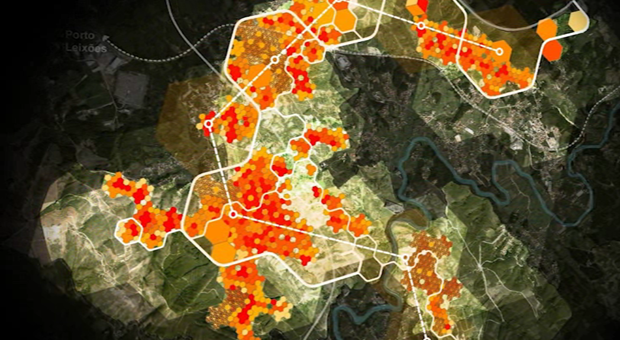City OS vs an OS of the municipality
 Since quite some years there is a discussion about the need to integrate all the different standalone and many times disconnected applications of municipalities into a single package called City OS.
Since quite some years there is a discussion about the need to integrate all the different standalone and many times disconnected applications of municipalities into a single package called City OS.
The pressing need of aggregating and coordinating the information from different departments has increased lately pushed by trends such as open and big data, centralized command and control city centres and the fast an inexorable transition from eGov to app based mGov.
The objective seems to bring coherence and structure to a myriad of existing applications through a decentralized but compact, modular architecture.
However, what are cities? Many times citizens have a different perception of cities than municipalities do, for example myself. I Currently I live in Barcelona, the Barcelona that we live in is divided in up to 17 municipalities that neither me not many other citizens cannot distinguish. Our grandfathers faced a similar situation, 100 years ago Barcelona was much smaller and what now is Barcelona where different municipalities scattered through the territory. However, they managed to integrate all of them into a single city. Our generation though failed to drive a similar process.
Because of this, we face a myriad of systems, interfaces and procedures that could make some sense for policymakers and civil servants but drive us nuts. Amazon manages to integrate a large ecosystem of vendors into a common interface that is transparent to users. Why we cannot do at least the same if not the real integration?
Also, cities are much more than city governments. For the sake of the example let’s use Open Data. Part of the problem with Open Data is that gov data is not that interesting. For example restaurants. What do municipalities know about restaurants? Location, state of inspections, … What do restaurants know about themselves? Prices, menu, photos, character … Certainly more interesting. What users know about restaurants? If they are cool, quality, … Now we talk !!!!
There is also the case of invisible infrastructures like airbnb, hailo, über, … But that will be another post.
All these demands not a distributed system but an API based one like Amazon, asks for cloud based structures – Hadoop, spark, …-, API orchestration – 3Scale, …- and third open API that could allow third parties to build systems that solves the actual limitations.
City OS ? Welcome! But a real one ! An OS for the municipality? Well maybe we have more pressing needs for taxpayers’ money ….
